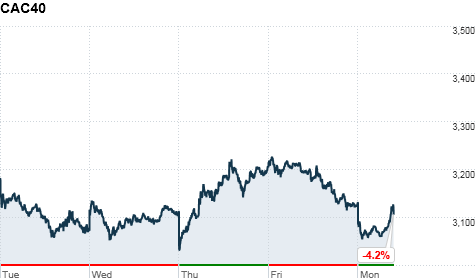The clinical findings and the decision to discontinue the bapineuzumab IV program in patients with mild-to-moderate Alzheimer’s disease is another setback for the Alzheimer's Community.
Alzheimer's Reading Room
Pfizer Inc. and Johnson & Johnson (JNJ) said Monday they are ending development of a drug to treat Alzheimer’s disease after the treatment failed in two late-stage clinical trials.
The companies said bapineuzumab intravenousdid not work better than placebo in the two late-stage clinical trials of patients who had mild to moderate Alzheimer’s disease.
"We are obviously very disappointed in the outcomes of this trial. We are also saddened by the lost opportunity to provide a meaningful advance for patients afflicted with mild-to-moderate Alzheimer's disease and their caregivers," Steven Romano, head of Pfizer's Medicines Development Group, said in a statement.




